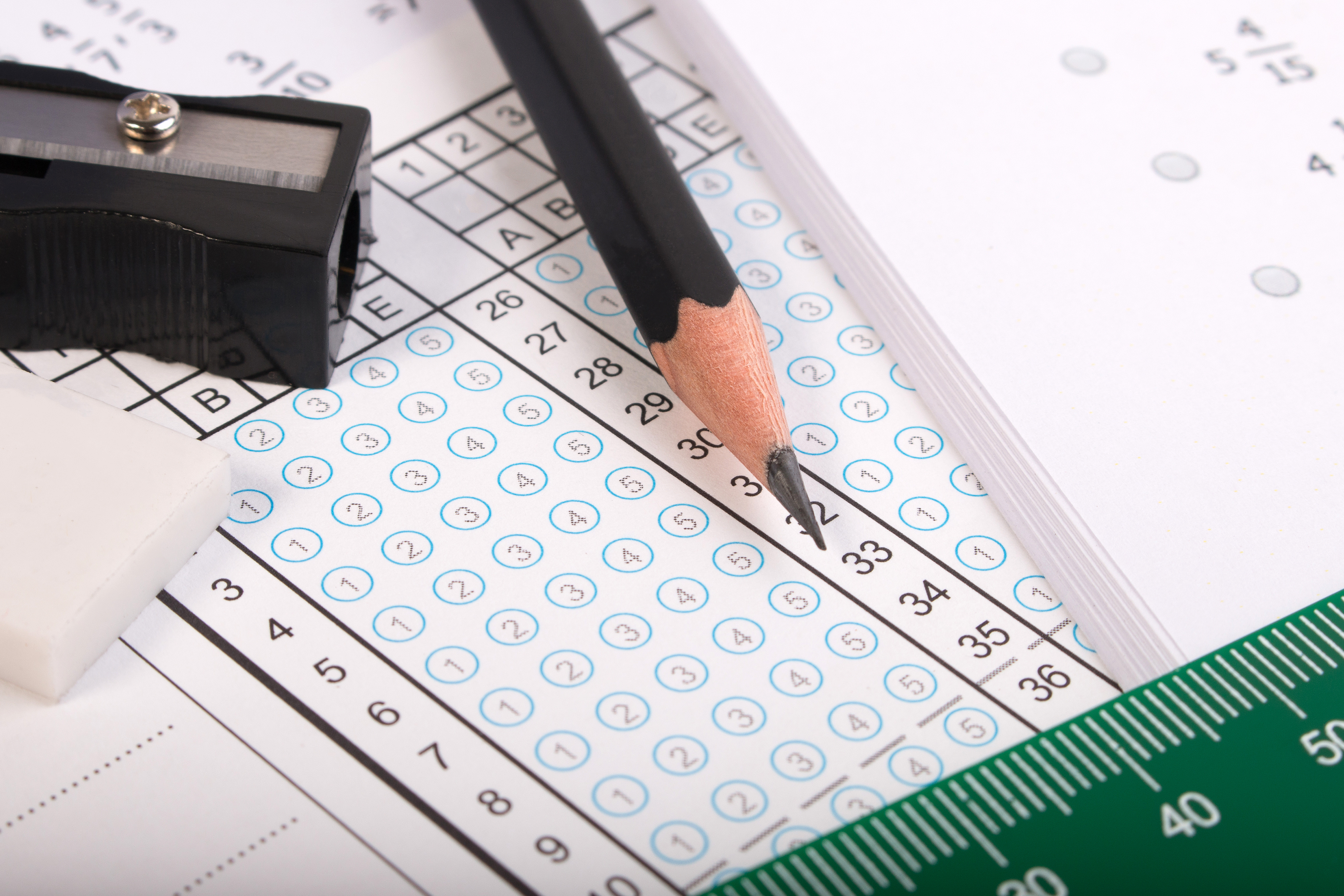
<h2>The academic achievement of New Zealand children from poor backgrounds is declining by at least 1 percentage point a year, an OECD report claims.</h2>
<p>The report, <em>Academic Resilience: What Schools and Countries Do to Help Disadvantaged Students Succeed in PISA</em>, shows that only 25 percent of New Zealand&#8217;s poorest 15-year-olds performed well in the most recent international tests of reading, maths and science. This was down from 37 percent a decade ago.</p>
<p>The study measured whether students in the poorest 25 percent of families were doing well and could therefore be regarded as &#8220;resilient&#8221;. According to the report, the percentage of resilient students provided an indication of the quality of a country&#8217;s schooling system.</p>
<p>While the New Zealand score was the same as the OECD average, it came behind Australia&#8217;s 29 percent and well below Hong Kong and Macau, the highest scoring regions, where more than 50 percent of students from poor families did well.</p>
<p>Finland and Korea also showed a similar decline to New Zealand in the resilience of poorer students, the report said.</p>
<p>Regular school attendance and participation in extra-curricular activities were strongly associated with resilience in poorer New Zealand students, the report said, while poor performance correlated with the number of computers in classrooms. However, in New Zealand, student behaviour and discipline in schools was not strongly linked with student resilience, unlike in other countries.</p>

NZCER found generative AI tools are frequently used to support teaching and learning in primary…
The Ministry decision to discontinue a reading resource over kupu Māori has angered the sector…
NCEA was designed to broaden educational success, explains David Pomeroy from the University of Canterbury.
More than just a break from the classroom, a visit to a zoo or wildlife…
Without proper maintenance and care, trees can become a hazard. Are your trees in need…
Loneliness and social disconnection negatively impact wellbeing. A new WHO report finds teens feel the…
This website uses cookies.